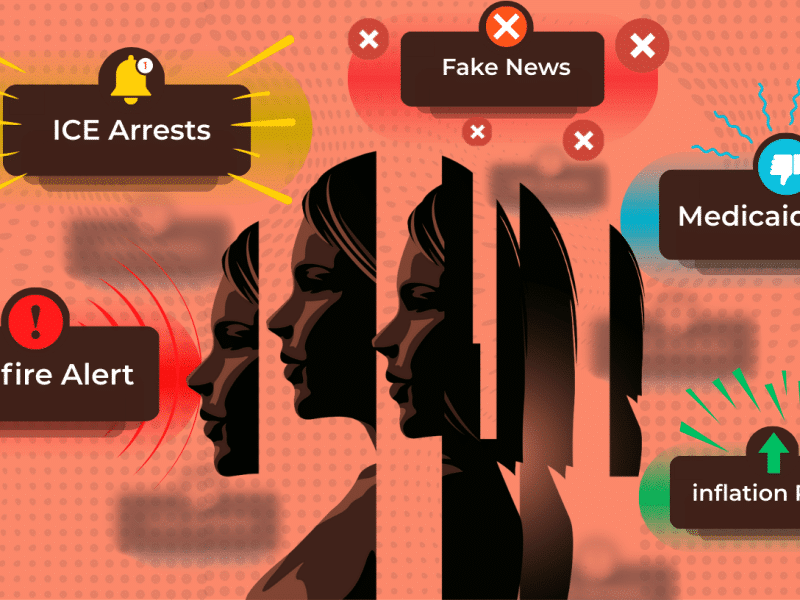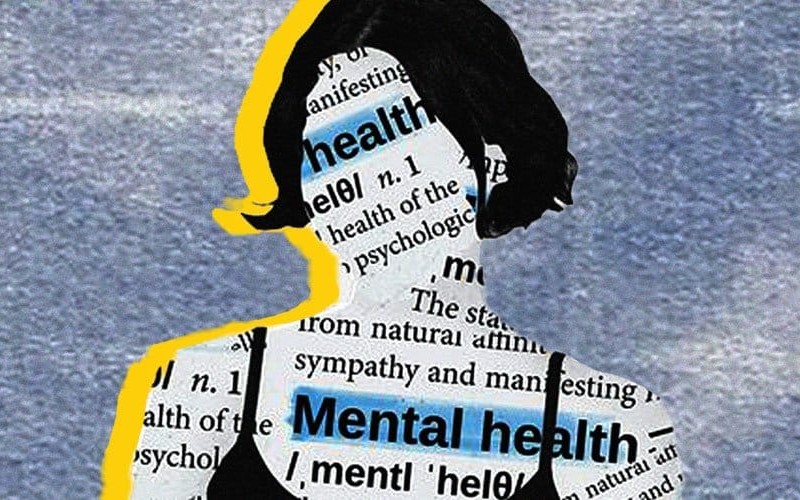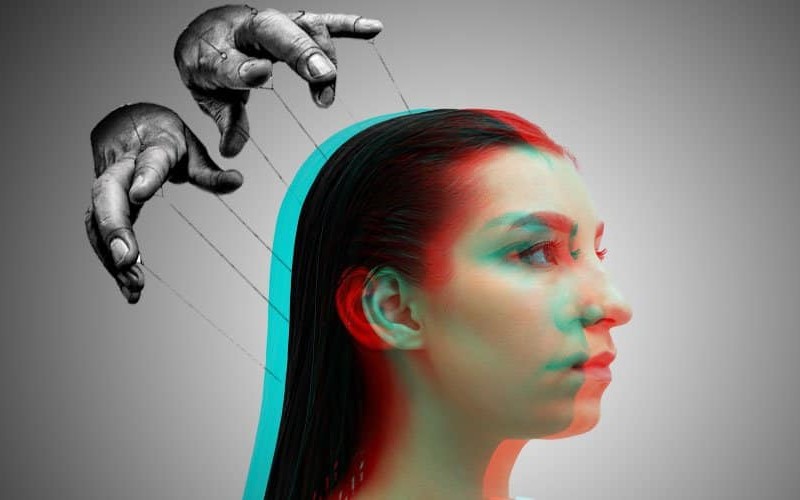The Psychological Cost of Crises—and Where to Find Help
We’re not built to live with chronic stress, but for many of us, that’s become the norm. We break down the effects of chronic stress and explore where to find real, culturally competent support when you need it most.










